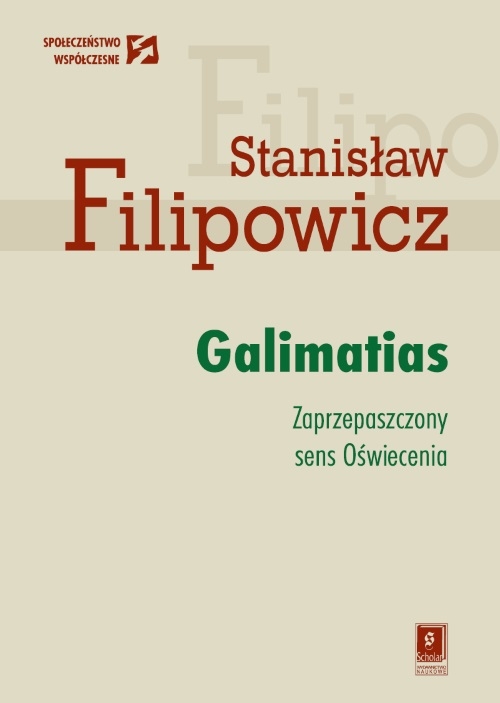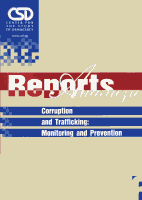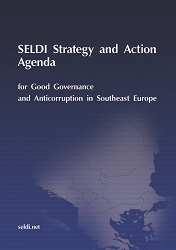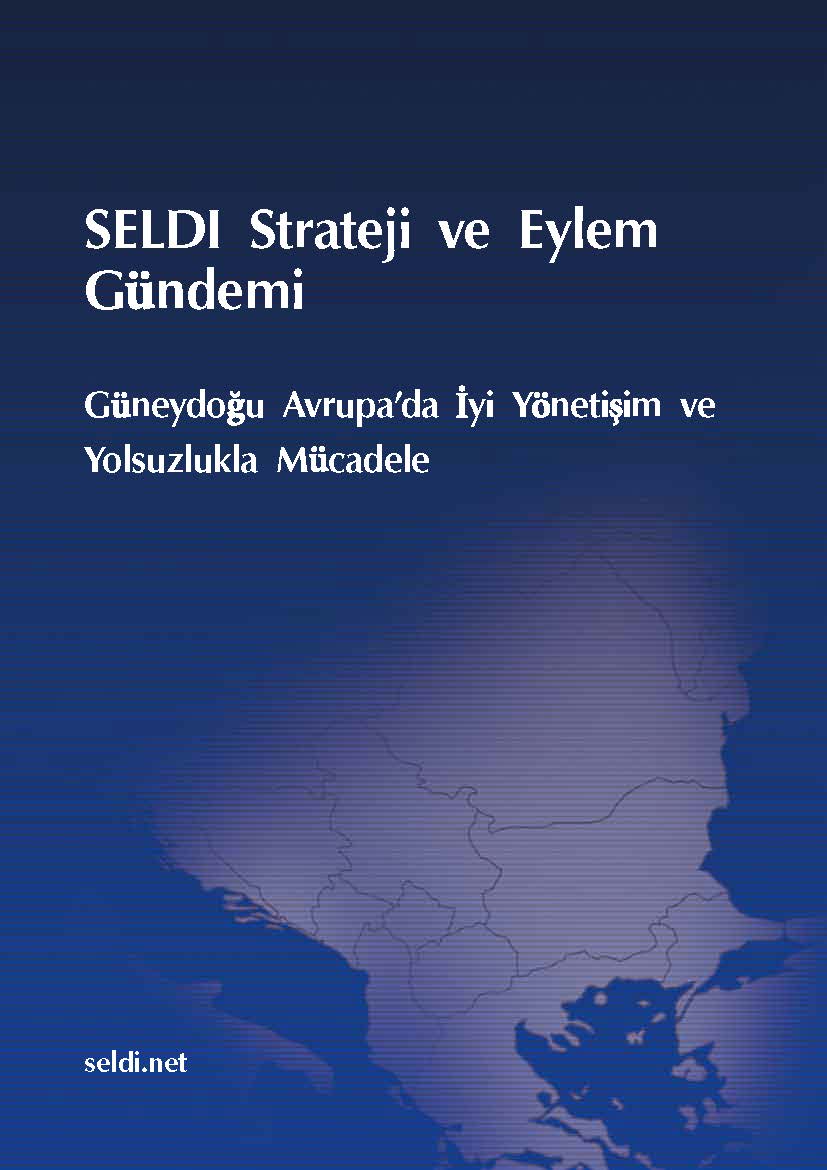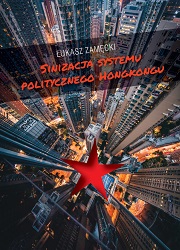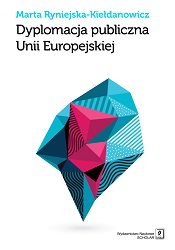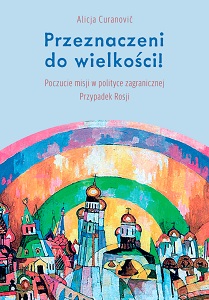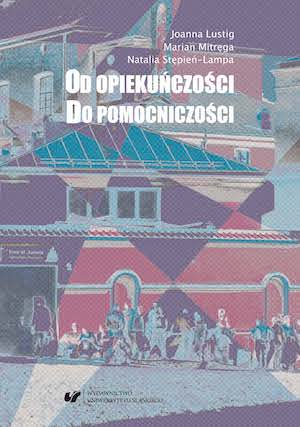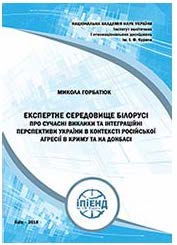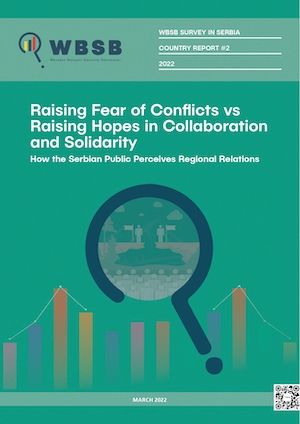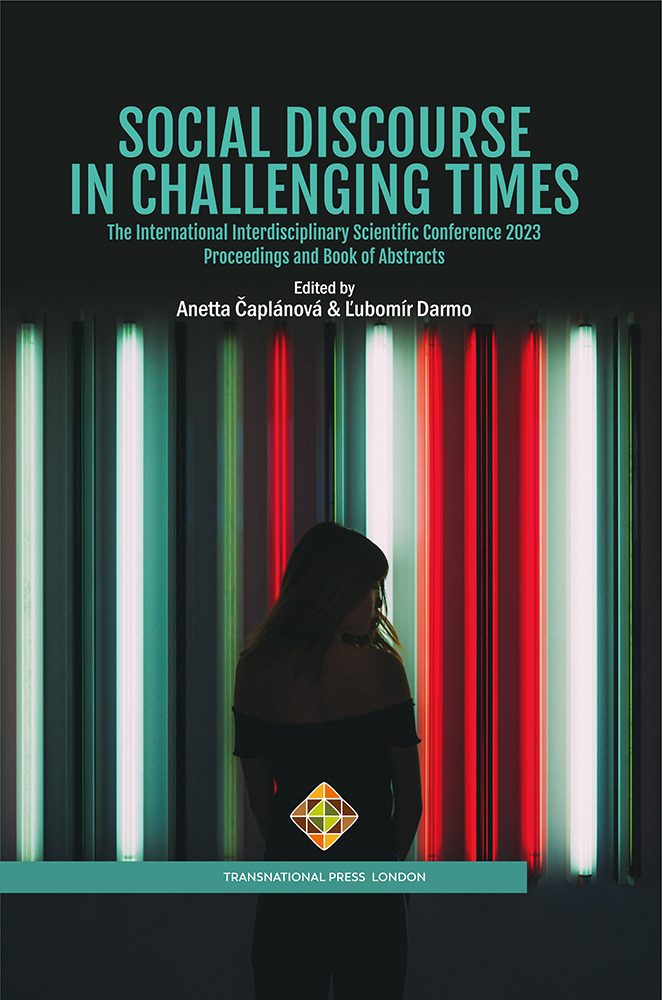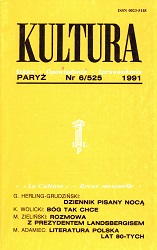Author(s): Tomasz Kubin / Language(s): Polish
The book contains a thorough analysis of the European Union institutional systemas a specific, sui generis international organisation, in the context of its legitimization(its validity and legitimacy). The book is mainly theoretical. Primarily, the author aimsat presenting a reliable depiction of the EU institutional system legitimization throughthe prism of the theoretical output concerning legitimization of the political power,including and accentuating the indicated specificity of the EU as a distinct internationalorganisation. Secondly, he took into consideration the changes introduced intothe legal foundations of the EU functioning, pursuant to the Lisbon Treaty – the latesttreaty reforming the structures of the Union. In the context of the main theme of thepresent study, these changes are important not only in terms of the EU institutionsthemselves, i.e. their competences and reciprocal relations, but also with regard to thefundamental change of the legal character of the EU, and the alterations introducedinto the individual Union politics. Thirdly, the author attempts to present the problemof the EU institutional system legitimization in the special circumstances, i.e. in thesituation of the most profound economic crisis that the EU members have faced sincethe beginning of the integration process.The EU is regarded as a specific structure, being neither a state nor a typical internationalorganisation. Such an approach was the starting point for the main premise ofthe present book – the idea that the thesis about the deficiency of democracy in the EU,formulated in the literature on the subject and in the public debate, is a certain simplification,and the characteristic features of the EU and its institutions, which provokedthe formulation of such a thesis, should be considered in a broader context, such as theproblem of the EU institutional system legitimization and, alternatively, the deficiency ofthat legitimization. For the direct democratic legitimization is only one of many sourcesof legitimacy of the EU institutional system and of the Union as a specific internationalorganisation in general – an extremely important source, perhaps the most important,yet not the only one. Thus, the legitimization of the EU and its institutions should beanalysed in a broader perspective, which also includes other sources of legitimization – asit is done in case of every political power which, striving for its legitimization to be asstrong as possible, attempts to derive it from the largest number of sources. Accordingto the author of the book, to base the EU institutional system legitimization only onthe grounds of the direct democratic legitimization characteristic of a democratic state,would be tantamount to a certain disruption of the right order. It would rather be asymptom of too advanced an integration on the “institutional” level in comparison tothe extent of the “material” integration. Until the EU is a structure sui generis, in whichcase it is a combination of features characteristic of an intergovernmental, internationalorganisation, a supranational organisation or a state, the nature of legitimization ofthis structure should also be specific. The most important role should be played bythe democratic legitimization, which should be completed with other sources, owingto which the functioning of the EU institutional system, and the whole EU, could berecognised as legally valid.Apart from the main thesis also other theses and hypotheses are posed in the book.The first chapter is a certain theoretical introduction and a basis to the deliberationspresented in the further parts of this study. In the first subsection, with reference tothe literature on the subject, the problem of legitimization (legitimacy) of the politicalpower, i.e. the concept, classifications and sources of legitimization (legitimacy) of thepolitical power, have been synthetically depicted. In another part of chapter one, theauthor attempts to relate the problem of legitimization to the EU as a specific internationalorganisation and to formulate his own definition of legitimization deficiencywith regard to EU institutional system. Bearing in mind that the problem of legitimizationdeficiency in the EU (EC) has not been discussed on a larger scale until certainstage of development of integration process was reached, in 1.3. subsection, the authorraises some questions concerning: the sufficiency of legitimization of the integrationprocess during the first few decades after the Second World War, the grounds for thatlegitimization and the reasons why, at a certain stage of the EU (EC) development thelegitimization of the Union’s institutional system started to be considered insufficient,which was manifested in the opinions acknowledging the democracy and legitimizationdeficiency. The first chapter ends with a passage devoted to the importance ofthe EU institutional system legitimization, whereas the significance of legitimization tothe political power and political institutions in general, consitutes its reference point.The second chapter (subsections 2.3.–2.8.) presents a synthesis of the evolutionof the EU (EC) institutional system in the context of its legitimization, from the momentof the EC founding treaties ratification, till the time the changes pursuant to theLisbon Treaty were introduced. The author focused here mainly on the competences ofthe particular EC (EU) institutions and their reciprocal relations, which should makeit possible to observe two main tendencies in the dynamics of changes taking place inthis field, and present its specificity and distinctiveness in comparison to the systemsof democratic states. At the beginning of this chapter, a thesis has been formulated(simultaneously, becoming an extension of the attempt to determine why, at a certainstage of the integration process, the issue of democracy/legitimization deficiency startedto be discussed – a question that was raised in the first chapter), which states that thelegitimization of the EU institutional system will be sufficient, if the law regulationsand political practice of their functioning are convergent with the level of advancementof the integration process in various spheres of social life; in other words, the “institutional”integration should correspond with the “material” integration (that is the Unionpolitics). To that end, the author made an attempt to present, in a synthetized form,the development of the “material” integration (subsection 2.1.), which he completedwith an analogical endeavour to illustrate the evolution of the EU (EC) institutionalsystem in the context of its legitimization (subsection 2.9). For in accordance with theincreasingly common approach, the EU institutions are treated as a system, the conceptand principles of which have been presented in 2.2. subsection.In the third chapter, the author presents the EU institutional system in its currentform, that is with the changes introduced under the Lisbon Treaty. Here, the selectedaspects regarding competences and functioning of the particular EU institutions havebeen depicted, as well as the relations between them in the context of legitimization.Additionally, three selected problems regarding the EU institutional system have beenraised, which are especially important in the context of its legitimization (the relationbetween the EU institutional system and the institutions of the EU member states, thequestion of transparency in the functioning of the EU institutions, as well as the Unionbudgets in the consecutive years). In the last subsection (3.9.) the specific features ofthe EU institutional system, significant in the context of its legitimization, have beenidentified.The fourth chapter is devoted to the functioning of the EU institutional system inthe perspective of four basic sources of its legitimization, i.e. indirect and technocratic,direct and democratic, utilitarian, and one consisting of “values”. The chapter endswith a conclusion outlining the specificity of the EU and its institutional system withregard to the sources of its legitimization, which is especially important in the contextof the book’s main thesis.The fifth chapter concerns the problem of legitimization of the EU institutions inthe context of the economic crisis, which the EU member states struggle with sincearound the year 2008. The sixth chapter, in turn, regards the so called subjective (empirical,social) dimension of the EU institutions’ legitimization, that is, the way thisproblem is perceived by the citizens of the EU member states. It has been based on theresults of opinion polls conducted for the use of Eurobarometer, from among whichthese questions and answers were selected, which could be applied to illustrate the waythe EU citizens perceive the Union institutions in the context of their legitimization.The closing remarks include the most important conclusions drawn from the conductedanalyses and the potential reforms and modifications of the EU institutionalsystem, which may allow for the reinforcement of its legitimization, primarily in itsdemocratic aspect. The bibliography contains a list of sources which were cited andreferred to in the book.
More...
